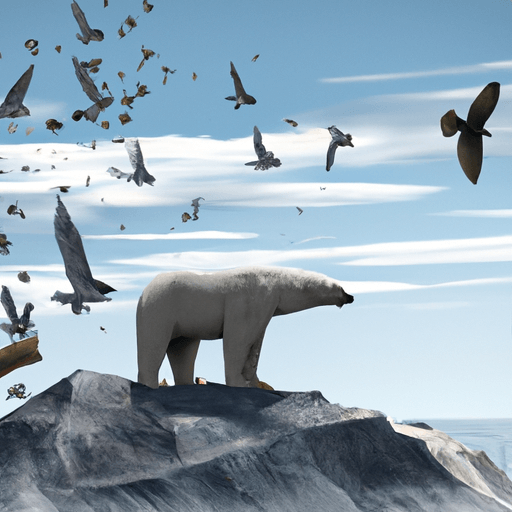In-depth Analysis: Climate Change and Biodiversity
The ongoing effects of climate change pose a significant threat to biodiversity across the globe. Record changes in temperature, rainfall patterns, extreme weather events, and rising sea levels are disrupting various ecosystems, forcing adaptations in wildlife that can lead to drastic changes in biodiversity.
The Effects of Climate Change on Biodiversity
Climate change greatly influences an array of aspects in biodiversity. These include species distribution, population sizes, and timing of reproduction or migration. It is paramount to dive into these changes for a better understanding of the profound implications that climate change has on biodiversity.
Species Distribution
Global warming has caused a notable shift in the geographical distribution of countless species as they migrate to cooler areas to escape the heat. This shift leads to interspecies competition for food and land, threatening biodiversity.
Population Sizes
Rising temperatures and altered weather patterns have been linked to a decrease in species populations. Many species, particularly those incapable of migrating or changing their behaviors to survive under new conditions, face the risk of extinction.
Timing of Reproduction or migration
Climate change also affects the timing of key life-cycle events in wildlife. For instance, earlier springs brought on by rising temperatures can led to early reproduction in many breeds of birds, affecting their distribution and survival rate.
Archetypical Case Studies of Climate Change Impact on Biodiversity
Melting Arctic ice caps have tremendously impacted Polar Bears. With the loss of ice sea, which serves as their primary hunting ground, Polar Bears have lower body conditions and higher mortality rates, particularly among cubs.
In Australia, changes in temperature and rainfall patterns attributed to climate change have led to a shift in koala distribution. Severe heatwaves have resulted in mass die-offs, compromising the viability of this emblematic species.
Potential Long-Term Implications and Efforts towards Mitigation
If unchecked, the effects of climate change will pose a significant threat to biodiversity. We could potentially lose numerous species, leading to a dramatic shift in ecosystems' structures and functions. Such losses would ultimately affect humans globally, threatening economies, food security, and overall wellbeing.
However, worldwide efforts are underway to mitigate this crisis. Governments and organizations are implementing policies such as protected areas, adaptively managing habitats, reducing non-climatic stressors (like over-exploitation), and incorporating climate change considerations into conservation planning.
These efforts, in addition to others aimed at reducing greenhouse gas emissions, are critical steps in the fight against climate change. They are not only helping to safeguard biodiversity but also securing a sustainable future for all life on our planet.

















Comments
Leave a Comment